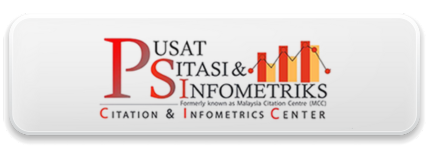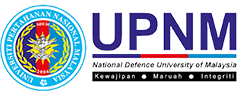DISASTER WASTE CHALLENGES AND MANAGEMENT DURING AND POST FLOOD
Keywords:
disaster waste , management, COVID-19, flood, public healthAbstract
Flood disaster potentially increases the infectious disease incidence rate from waterborne, vector-born, and zoonotic diseases due to a shortage of clean water, sanitation, and poor waste management. The occurrence of floods amidst the COVID-19 pandemic added an unprecedented layer of complexity to waste management in disaster-affected regions since the pandemic already generated a significant number of medical wastes. Therefore, any mismanagement of disaster waste can affect the response and long-term recovery in the affected area, resulting in severe environmental contamination and preventing the practice to reuse, recycle, or recovery in the waste stream. This article aims to understand the public health concerns, environmental impacts, and challenges associated with managing Malaysia's waste disposal in the context of the COVID-19 pandemic.
Downloads
Downloads
Published
How to Cite
Issue
Section
License
Copyright (c) 2024 Zulfaqar Journal of Defence Science, Engineering & Technology

This work is licensed under a Creative Commons Attribution-NonCommercial 4.0 International License.







